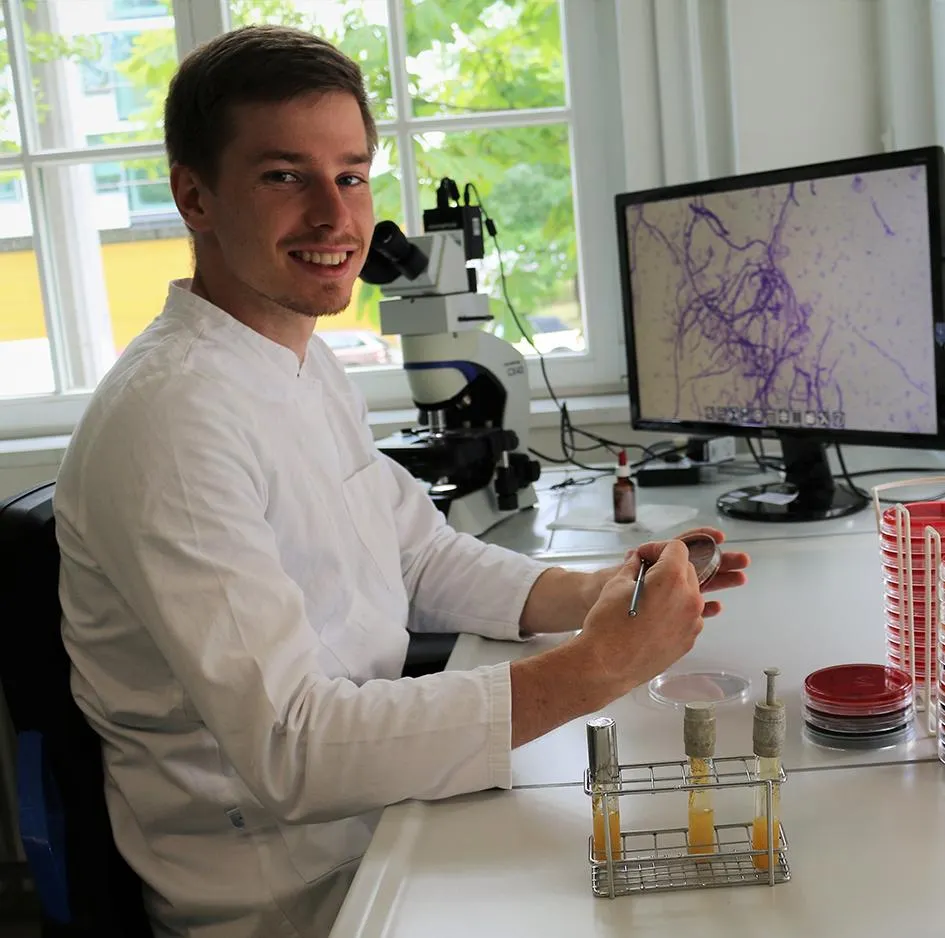Help Us Advance a Promising Study on Serpentovirus (Nido) in Ball Pythons

Dear friends, fellow breeders, and reptile lovers,
Over the past months, we’ve been involved in a focused study to find new ways to support ball pythons that test positive for Nidovirus (Serpentovirus**).
The approach, is non-invasive and designed to work with the animal’s natural physiology and immune system.
The early trials have been promising, but we’re still at the very beginning.
Because we’ve only worked with a small number of animals so far, the current results are not yet statistically significant. To understand whether this approach can make a real difference, we urgently need to repeat the process with a larger sample size. This community-driven initiative is born from necessity, shaped by observation, and guided by care.
Animal Safety & Scientific Foundation
Each snake is carefully examined by a veterinarian prior to entering the study to ensure it is in stable condition and free from severe secondary illness. Animals showing signs of acute respiratory distress or other complications are not included until cleared. Throughout the process, each animal is closely monitored daily, with attention to signs of:
*Stress or abnormal behavior
*Respiratory function
*Neurological symptoms
This study is not speculative. It is built on a clear scientific foundation and structured to generate data that may benefit the broader reptile community someday. Our goal is to combine veterinary oversight, responsible husbandry, and structured observation to explore new ways of supporting animals affected by Nidovirus.
Why We Need Support & How You Can Help?
We need to run additional trials with more animals and better equipment. In order to evaluate the promising data we collected and share reliable insights with the community.
Your support can help us get there.
We are currently looking for:
Supplies: enclosure systems observation tools, environmental
environmental controls.
Financial support: to cover costs, gear, food, and materials.
Spreading the word: connect us with people who care about responsible reptile care and research.
Even small actions, like a small donation, donating secondhand gear or sharing this page, help keep the study alive.
Why This Matters?
Nidovirus is widespread, under diagnosed, and devastating for keepers and breeders. Many people don't even know their collections are affected until it's too late.
This study may help us find a way to control the virus in infected collections and stop animals from suffering.
It’s a possible turning point for the reptile world.
If you believe in responsible reptile care, scientific progress, and community collaboration, this is your chance to be part of something meaningful.
**Nidovirus is the older, commonly used name for what is now classified as Serpentovirus, a genus within the Tobaniviridae family.
The term "Serpentovirus" more specifically refers to strains found in reptiles.
Though "Nidovirus" is still widely used, "Serpentovirus" is the more accurate
scientific term.
Ready to Help?
If you'd like to donate, you can use This donation button
To offers of supplies & equipment
please reach out Via Email at [email protected]
Let’s work together to bring solutions to our animals and community.
The Study Team
Albert Bitton
Reptile breeder, wellness advocate, and founder of the Reptile Wellness Alliance (more info coming soon). With a deep commitment to responsible husbandry and scientific inquiry, Albert is actively collaborating in research on Nidovirus in ball pythons. His work bridges field experience with veterinary partnerships to explore innovative care strategies and promote reptile health across the global keeper community.

Robert Mosebach - Veterinarian.
Veterinarian with a special focus on reptiles and microbiology. He currently works at a leading veterinary diagnostic laboratory and is conducting his thesis on Serpentovirus (Nidovirus) in snakes. Alongside his research and diagnostic work, Robert is a passionate reptile keeper, caring for over 50 geckos spanning five species. His work bridges scientific inquiry with hands-on expertise in reptile care.

